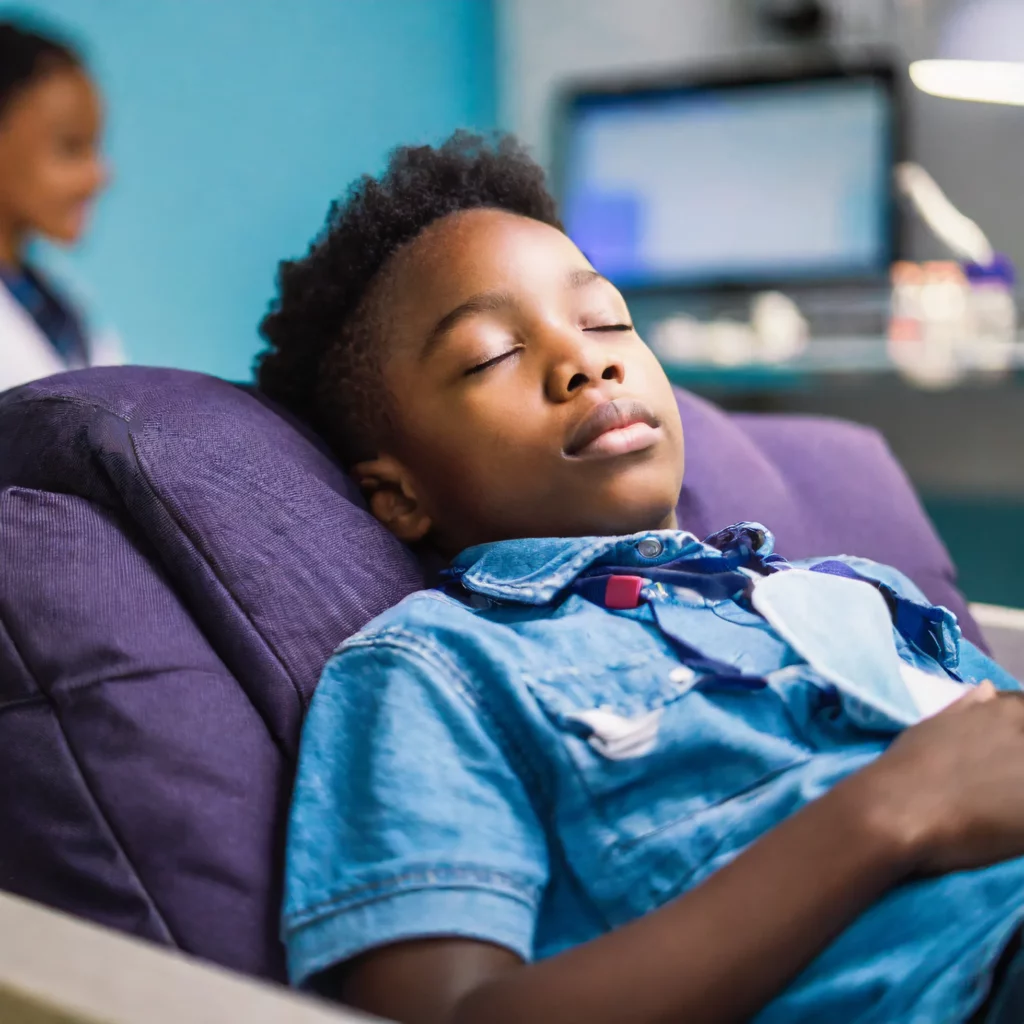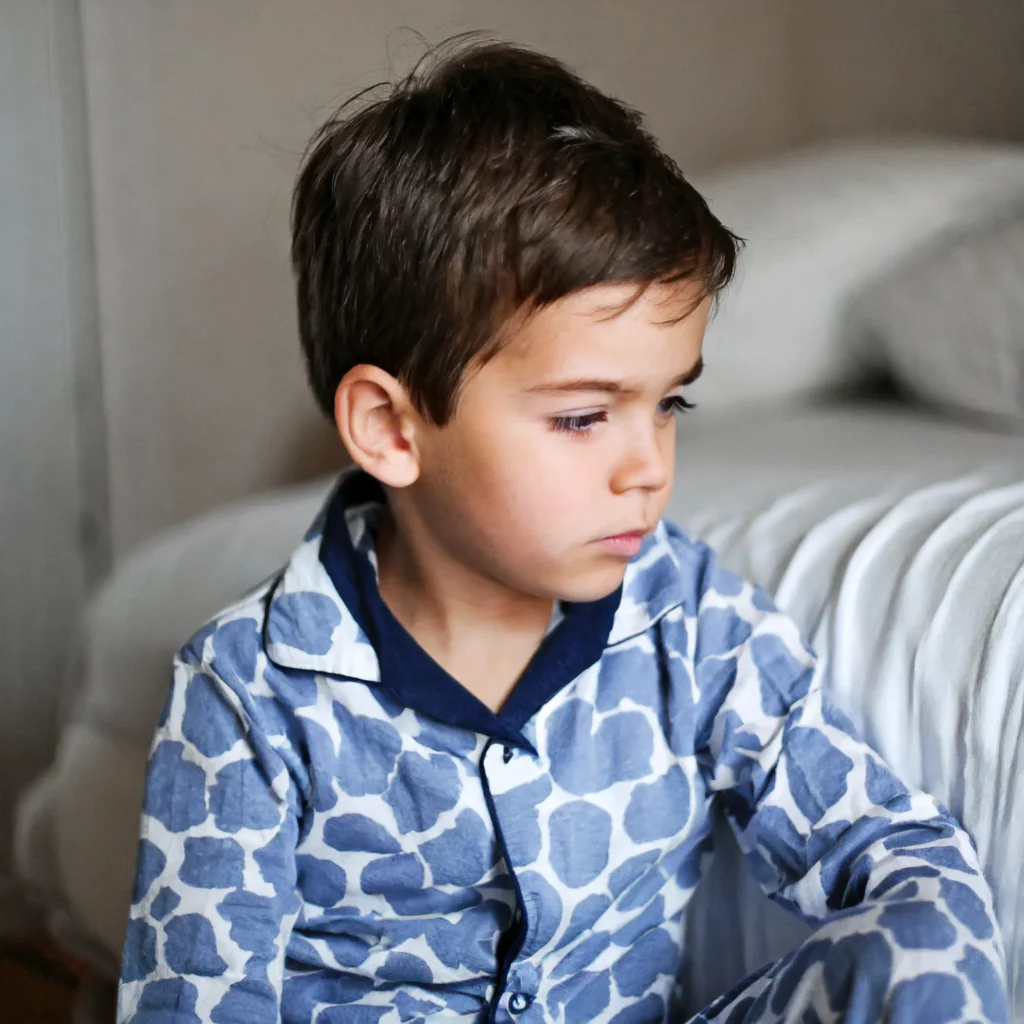Bedwetting Q & A
What is bedwetting?
Bedwetting refers to the loss of bladder control during sleep. Though uncomfortable and annoying, it typically isn’t a lasting problem. However, it can be embarrassing, frustrating, and can interfere with typical activities like trips and slumber parties.
What causes bedwetting?
Most children’s bedwetting is due to the absence of their usual response to the feeling of a full bladder when they are deeply asleep. Oftentimes, constipation is also a factor, because stool in the rectum can compress the bladder and decrease its capacity.
Occasionally, bedwetting can be due to an underlying medical problem. Family history also plays a part in a child’s likelihood of wetting the bed. If a parent wet the bed into adolescence, the child is at greater risk of the same symptoms.
What are the risk factors for bedwetting?
Several factors increase the risk of bedwetting, including being male and your family history. Both boys and girls wet the bed, but it’s more common in boys as they get older. Children are also more likely to wet the bed if they have a sibling, parent, or another relative who experienced the same issues.
How is bedwetting diagnosed?
At Deep Well Health Care LLC, Dr. Cherry diagnoses bedwetting by conducting a physical exam and reviewing the medical history and symptoms of you or your child. If she suspects an underlying health problem, she might also order additional tests like urinalysis, bloodwork, or an ultrasound.
How is bedwetting treated?
Dr. Cherry first addresses constipation as a factor in bedwetting, drawing on her expertise in pediatric gastroenterology to identify and appropriately target any difficulties with bowel movements that may be relevant for your child.
Once that issue has been addressed, she incorporates clinical hypnosis. With hypnosis, your child can enhance their ability to either get up in response to a full bladder or “hold it” for the rest of the night, to wake up in a dry bed in the morning.
Who can benefit from clinical hypnotherapy?
Nearly everyone is able to use clinical hypnosis. However, it is an approach that requires willing participation. If your child is interested in making a change and is motivated to do so, you are likely to see a benefit.
To explore how clinical hypnotherapy can reduce the symptoms of bedwetting, schedule an appointment at Deep Well Health Care LLC. Click the online booking tool today, or call the office.





